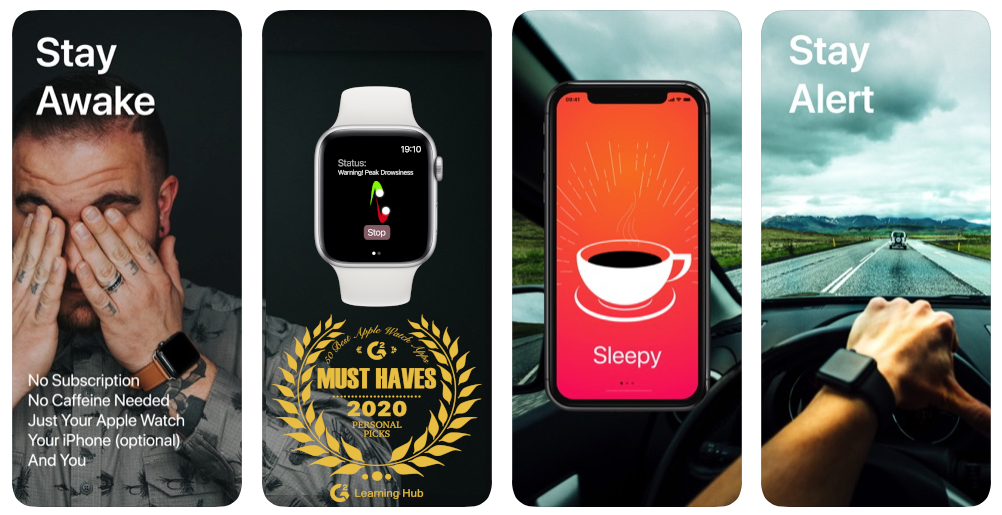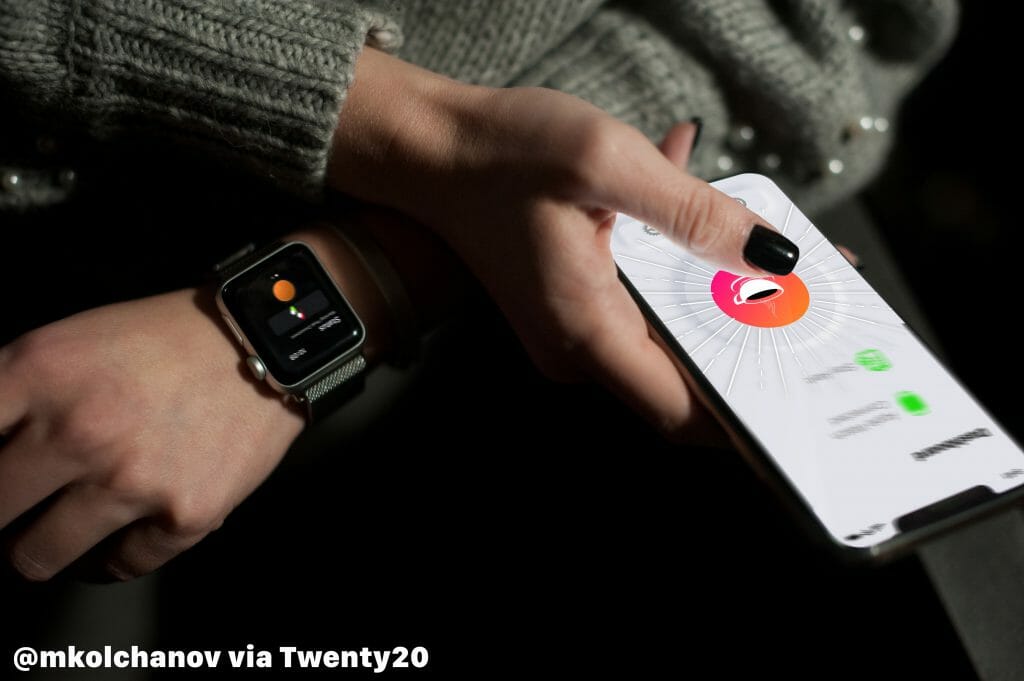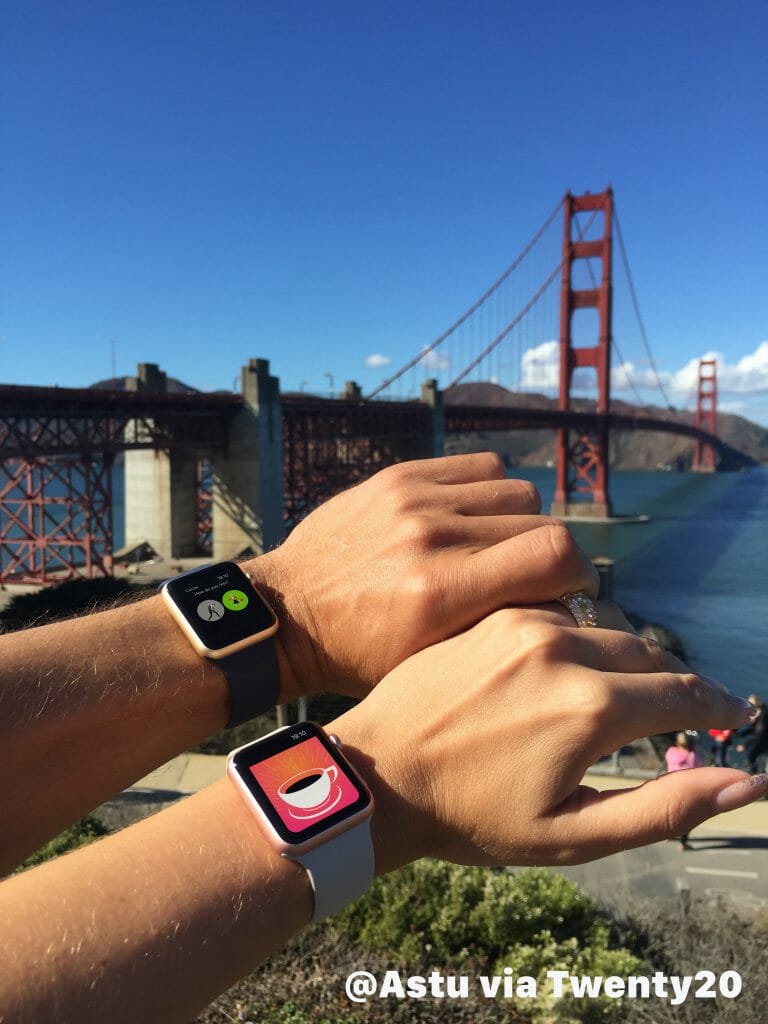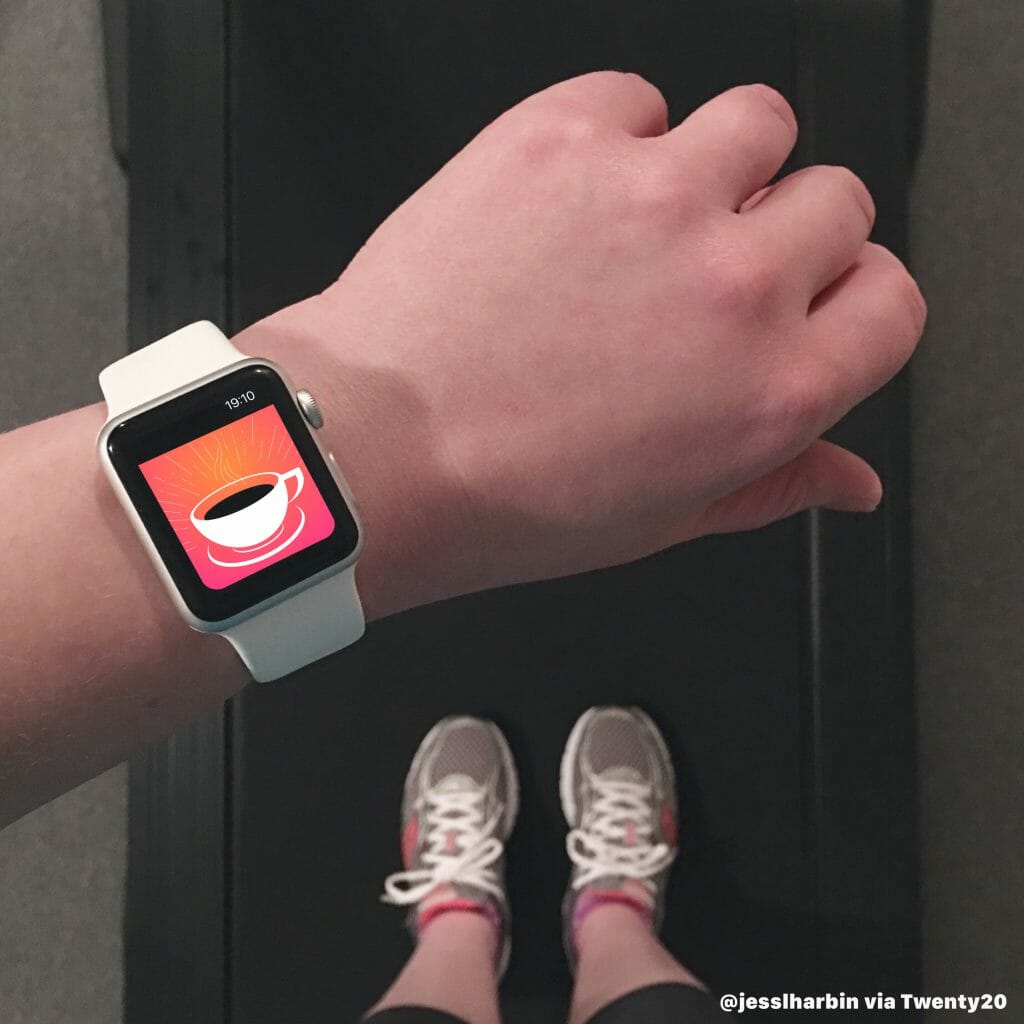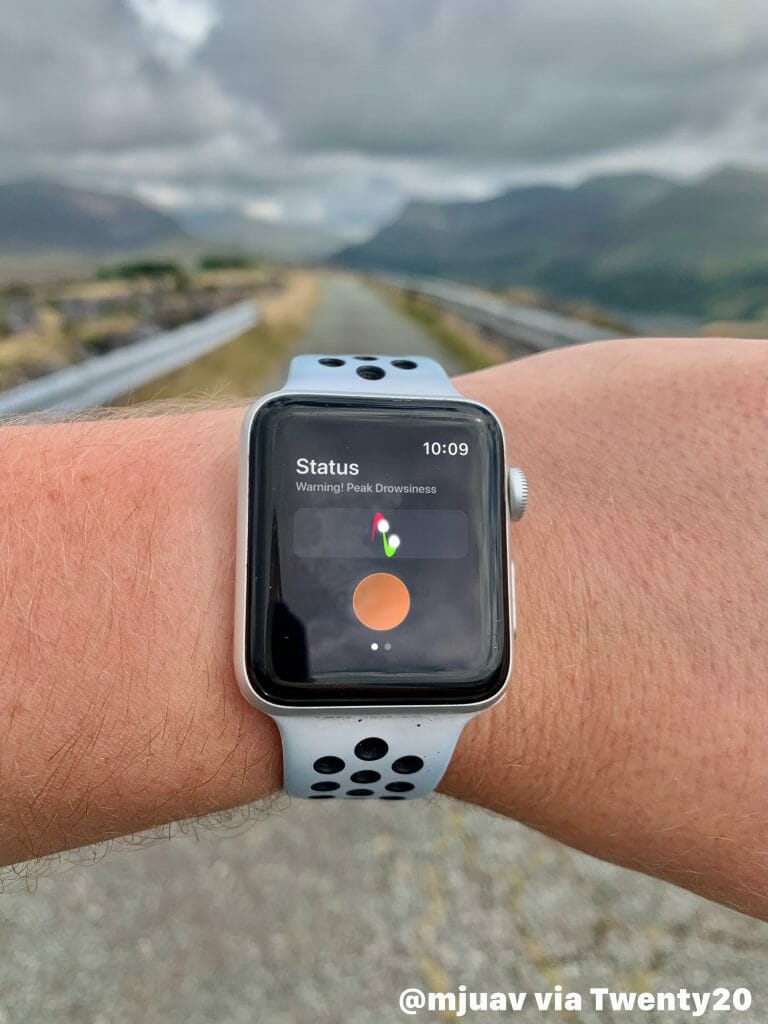How to Stay Awake at Night
How to Survive Nightshifts
Making the best out of a difficult situation
A colleague of mine was speaking to me about doing shift work and mentioned how much he hated it.
Luckily for him he only did this once every six weeks and got paid well enough to make it worth his while. I told him to be careful with that and he replied, “I know, working like this can kill you, you know, take you out early (shorten your life)”!
My face must of been a picture, because he then quickly told me about some of the precautions that he has taken to minimise the stress and make the shift work for him.
I’ll share some of his tips for working nights as well as pointing out the effects that sleep deprivation can have on your health.
- Lifestyle and Work Pressures
- Long Nights and Your Health
- When You Have No Choice
- Remembering the Risks
- Make The Change
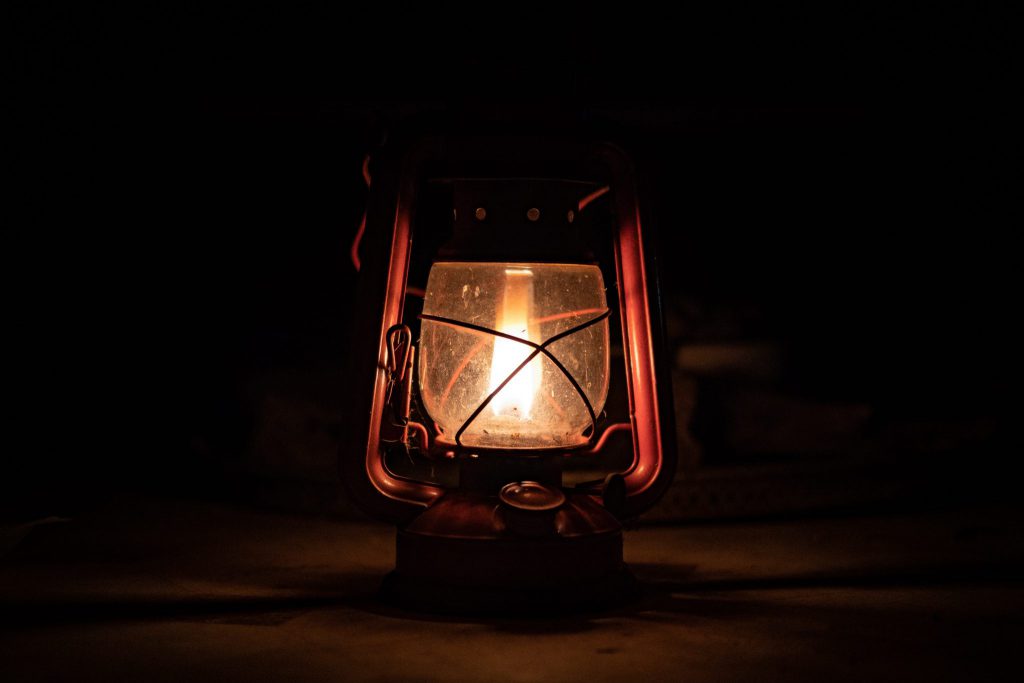
Lifestyle and Work Pressures
Our modern way of living and working encourage us to stay up later or miss out on sleep during the night. Whether it be because we are working, playing, surfing the internet or whatever, we are affecting the quality of our sleep without realising it.
For many there is no choice but to have to work during the night, and some have to work during the day as well. This can lead you to feeling miserable and tortured to the point that you start to loath everything and everyone around you.
Your work begins to suffer and you find that you are trying to work harder to make up for the drop in your productivity levels. Something will have to give, but what will it be, the job or your health, or both?
Long Nights and Your Health
Humans are social by nature and the quality of our social connections can have an effect on our health. Good relations tend to make us feel better and as a result have a positive influence on our health, whereas bad relations have the opposite effect.
Working through the night can negatively impact the quality of our family and social connections which in turn has negative effects on our health.
This may be a contributing factor as to why nightshift work has been linked to cardiovascular and metabolic diseases as well as cancer.
A study also found that night workers were less likely to exercise and more likely to increase their body mass index. It is an accepted fact that obesity plays a significant role in the development of various diseases such as:
- Coronary artery disease
- Diabetes
- High blood pressure
- Colon and breast cancer
Pepłońska, B., Burdelak, W., Krysicka, J., Bukowska, A., Marcinkiewicz, A., Sobala, W., Klimecka-Muszyńska, D., & Rybacki, M. (2014). Night shift work and modifiable lifestyle factors. International Journal of Occupational Medicine and Environmental Health, 27(5), 693-706.
Another study tested 100 student nurses before and after they worked a three month nightshift period and found that they had:
- Less energy
- Poorer concentration
- Poor sleep
- A loss of interest in their daily activities
- Irritability
- Become more sensitive to criticism
- A feeling of hopelessness
Healy, P. (1996). Night shift work linked to depression. Nursing Standard, 11(15), 7-7.
When You Have No Choice
Reading the above isn’t pleasant especially if you have to work night shifts, but not all hope is lost and there are things that you can do to minimise the effects of working nights on your health.
- Nutrition
When talking with my colleague he mentioned that he payed very close attention to his nutrition and what he ate. No junk food, lots of fruit and veg and hardly any alcohol. He also avoided too much caffeine as it would interfere with his sleep when he finished the shift. - Exercise
By keeping yourself active you help to reduce the risk of being obese which itself can increase the risk of various diseases that were mentioned in the previous section. Exercise is also a very good way to help lift your mood and make yourself feel better. My coworker makes a point of going for a walk in the forest near where he lives and sometimes he runs or cycles. No matter what type of exercise you choose, make sure it’s something that you like doing which will make it easier for you to do on a regular basis. - Sleep
By working nights you are actively fighting against your body’s circadian rhythm which regulates your sleep pattern. Melatonin starts to be released by your body between 9pm and 10pm and stops around 7am. You face an uphill battle when working during these hours just to stay awake.
To make things easier on yourself make sure that you have between 7 to 9 hours of sleep every day, (that includes short naps), and sleep for 2 hours just before the start of your shift.
- Staying Awake @ Work
It’s difficult but can be done. Just make sure not to work too many nightshifts in a row for a long period of time if you want to reduce the risks that I’ve outlined above.
Using a bright light or sitting in a very bright area will help increase your alertness. Break up tedious tasks with some form of physical activity (like going for a walk or stretching). Also have chat breaks with your coworkers to help stimulate your mind. Tools such as our app V-CAF can help keep you awake by notifying you when you are about to fall asleep and can be used to help remind you to get up and move around.
Remembering the Risks
Many people don’t have a choice and have to work nightshifts. Working like this for the short term minimises the health risks that you are being exposed to.
If possible, like my colleague, try to maximise the periods between working nightshifts (for example, my coworker works the night shift one week in six).
It’s your duty to be informed about the risks that working nightshifts can have on your health, and to take the appropriate actions to help minimise the adverse effects on your health. I’ve outlined some of the information that my colleague gave me and supplemented it with my own research, so please use this post as your starting point for your own research.
Make The Change
Shift work is hard. If you are on a nightshift and reading this article, I don’t want to make you feel bad. The same goes for those that work long hours and don’t get enough sleep.
Just know that it’s good for now, but when you can – make the change. In the meantime look after yourself and stay healthy.

Now available on the App Store, download it now!
